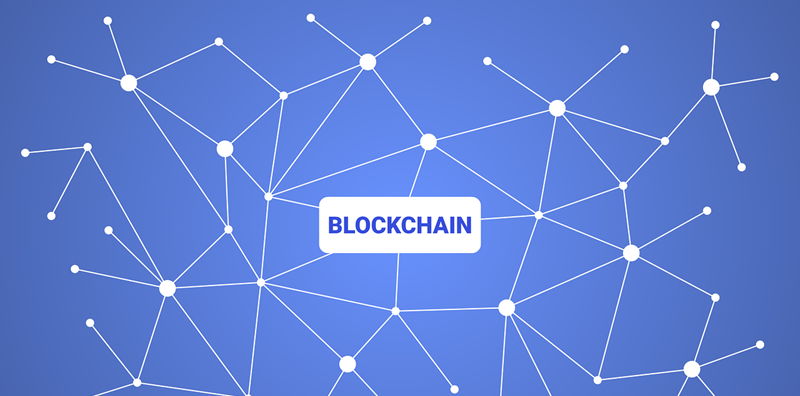With the expanding reliance on data across industries, the immutable and secure nature of blockchain is fundamentally changing the way data integrity is maintained. Below is a formatted version suitable for copywriting purposes, including appropriate header tags.
Ensuring Impeccable Data Integrity
Blockchain’s core feature, the immutable ledger, provides a trustworthy foundation for data science by preventing after-the-fact alterations to data. The decentralization and consensus mechanisms further underscore the reliability of data.
Heightening Security Measures
Enhanced cryptographic protocols and the decentralization of data across numerous computers fortify security, reducing vulnerability to breaches and ensuring the data’s sanctity.
Facilitating Secure Data Exchange and Collaboration
Smart contracts and the decentralized environment enabled by blockchain streamline secure, efficient collaboration and data sharing, fostering an atmosphere ripe for innovation.
Democratizing Data Through Decentralized Marketplaces
Blockchain is reshaping the data economy, allowing providers to directly monetize their data and stimulating the creation and sharing of valuable datasets in a transparent market.
Streamlining Compliance and Transparency
Blockchain’s auditability simplifies the compliance process, providing transparent and verifiable records of data transactions, thus addressing ever-tightening privacy and usage regulations.
In summary, blockchain’s role in enhancing data science integrity is multifaceted, signaling a shift towards a future where data security, collaboration, and transparency are paramount.

